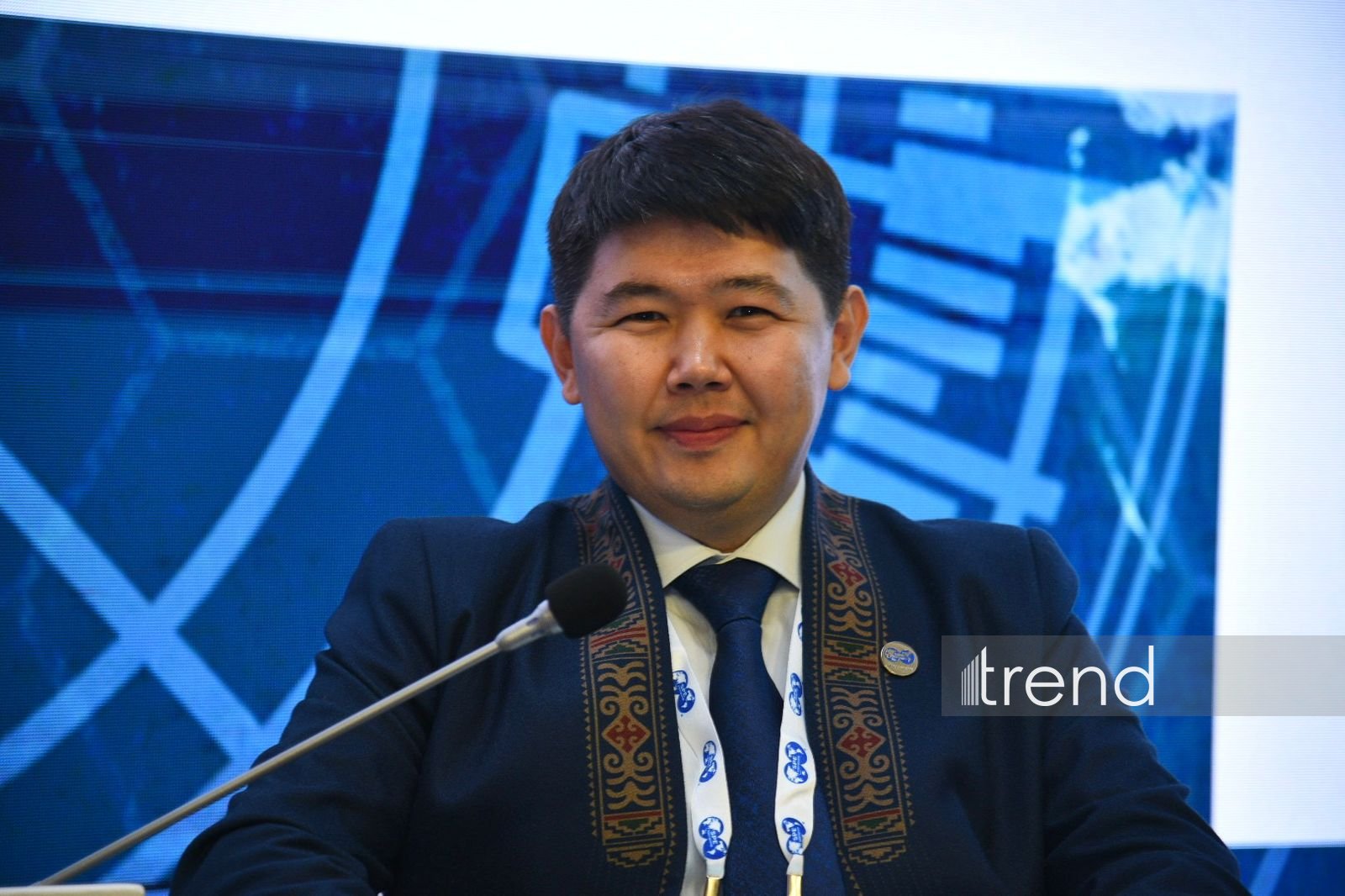BAKU, Azerbaijan, November 25. Since gaining independence, Kazakhstan has confronted significant challenges in its oil industry, Marat Sagyndikov, head of the Enhanced Oil Recovery (EOR) Center at the Kazakhstan Polymer Materials and Technology Institute, said at the SPE 2025 Caspian Technical Conference in Baku, Trend reports.
Sagyndikov laid bare the historical and regulatory hurdles that are putting a spoke in the wheel of Kazakhstan’s oil sector.
“During the 1960s and 1970s, Kazakhstan’s oil was primarily produced for the domestic Soviet market. The country had no refineries, and the oil was transported via pipelines to Omsk and Samara in Russia for processing. There was no pipeline connecting Kazakhstan’s oil to global markets, and all internationally traded oil came through Russia,” he explained.
The official remarked that after gaining independence, Kazakhstan found itself in a real pickle, facing a mountain of challenges.
“At that time, Nurlan Balgimbayev, then Minister of Energy and later Prime Minister, informed incoming investors such as Chevron, ENI, Shell, Lukoil, and others that transporting oil to global markets was a major hurdle. To address this, the Caspian Pipeline Consortium (CPC) was constructed. Yet, the country’s domestic refining capacity remained tied to Russian plants,” Sagyndykov said.
Even though the Soviet Union went belly up, the supply chains kept on trucking, leading to a real pickle with domestic crude shortages.
“The oil industry is heavily regulated by the government. Except for large projects like Kashagan, Tengiz, and Karachaganak, Kazakhstan’s roughly 150 oil fields and over 50 operators are required to supply oil to domestic refineries at prices three times lower than global market rates. Consequently, fuel prices at gas stations are half of those in Azerbaijan, one-third of those in Uzbekistan, and four times lower than European market prices.
These prices severely reduce operators’ revenues and create funding challenges. Even routine operations, such as well maintenance and equipment upgrades, face difficulties due to financial constraints, since all equipment and labor costs are paid in foreign currency,” he added.
Sagyndikov pointed out that economic and regulatory issues are holding back progress as the main challenge.
“The government is aware of these issues, but social pressures make solutions difficult. For instance, an attempt to raise LNG prices in January 2022 triggered widespread protests. Balancing oil and gas prices with both social needs and global market rules is a complex challenge.
These problems are not unique to Kazakhstan; similar difficulties exist in other countries, and resolving them is far from straightforward,” he concluded.
Stay up-to-date with more news on Trend News Agency's WhatsApp channel







